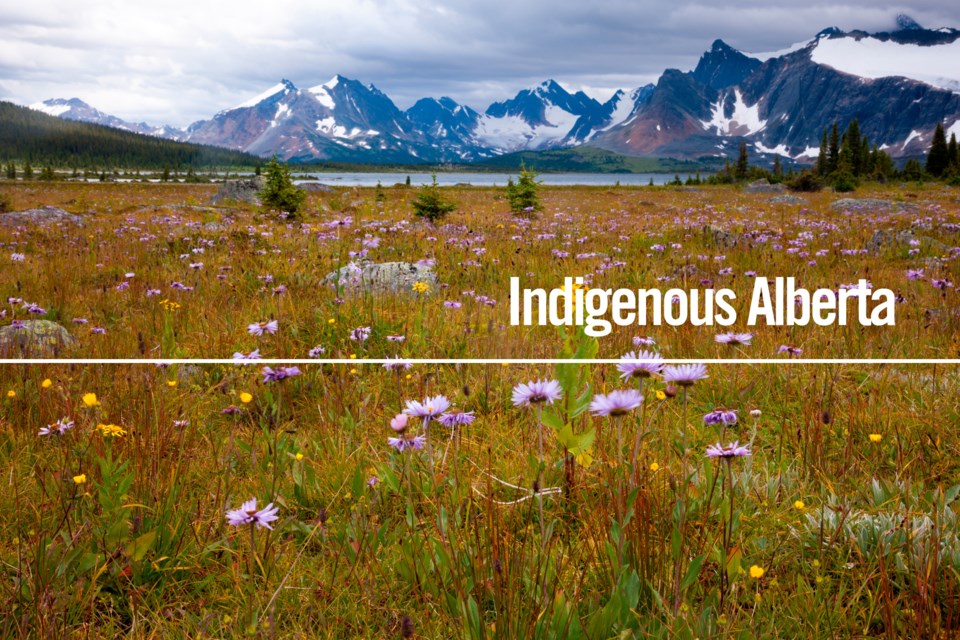(ANNews) – Six Alberta First Nations have announced a partnership with the University of Alberta in an attempt to train more Indigenous medical professionals.
Tribal Chief Ventures Inc. — which represents Beaver Lake Cree Nation, Cold Lake First Nation, Frog Lake First Nation, Heart Lake First Nation, Kehewin Cree Nation, and Whitefish Lake First Nation No. 128 — signed a memorandum of relational understanding with the university on December 17.
“I am excited about this memorandum of relational understanding and the potential it has to promote learning opportunities in the sciences and medical fields for the youth of the Tribal Chiefs Ventures Inc. member First Nations to choose meaningful career paths,” said Cameron Alexis, chief executive officer of Tribal Chiefs Ventures Inc.
“There is a need for Indigenous medical practitioners — physicians, psychologists, psychiatrists, nurse practitioners, RNs, dentists and others — to help address the needs of First Nations peoples,” Alexis said, who also mentioned some of the obstacles First Nations people faced in the health-care system, such as Elders for whom English is not a first language.
“They’re not heard when they try to explain what their ailments are,” he said. “That’s one of the reasons why it’s very important to have our people working all-inclusive in the fields of medical science.”
The signing of the memorandum was held on the sixth anniversary of the Truth and Reconciliation Commission’s release of the 94 calls to actions.
The University of Alberta has said that the partnership will honour several of the calls to action outlined in the TRC report, such as, but not limited to, increasing the amount of Indigenous health-care providers, improving cultural sensitivity, and recognizing the value of traditional medicines and healing practices.
President and vice-chancellor of the U of A, Bill Flanagan said, “We recognize that the University of Alberta has been part of historic systems that have created barriers to Indigenous health, and we want to move forward by increasing the number of Indigenous doctors and other health-care professionals, as well as honouring and respecting traditional health knowledge.”
The university’s executive director of their Indigenous Health Initiatives Program, Wayne Clark, said that there should be progress in three areas: the first being recruitment of more Indigenous medical school applicants, including First Nations, Inuit and Métis, as well as urban and non-status students.
The second area is to improve all trainee physicians’ understanding of the First Nation experience in the health-care system.
The third goal is to find educational solutions to health-care gaps with Indigenous peoples.
“It’s based on the world view that we are all connected,” said Clark. “When we respect Indigenous world views and find ways to work together, we will achieve harmony and build trusting partnerships to reach our shared goals.”
“I’d like to see these kinds of partnerships right across northern Alberta,” he said. “Whenever we make decisions — with the programs that we design and how we evaluate them — we have to involve the community in order to be successful.”



